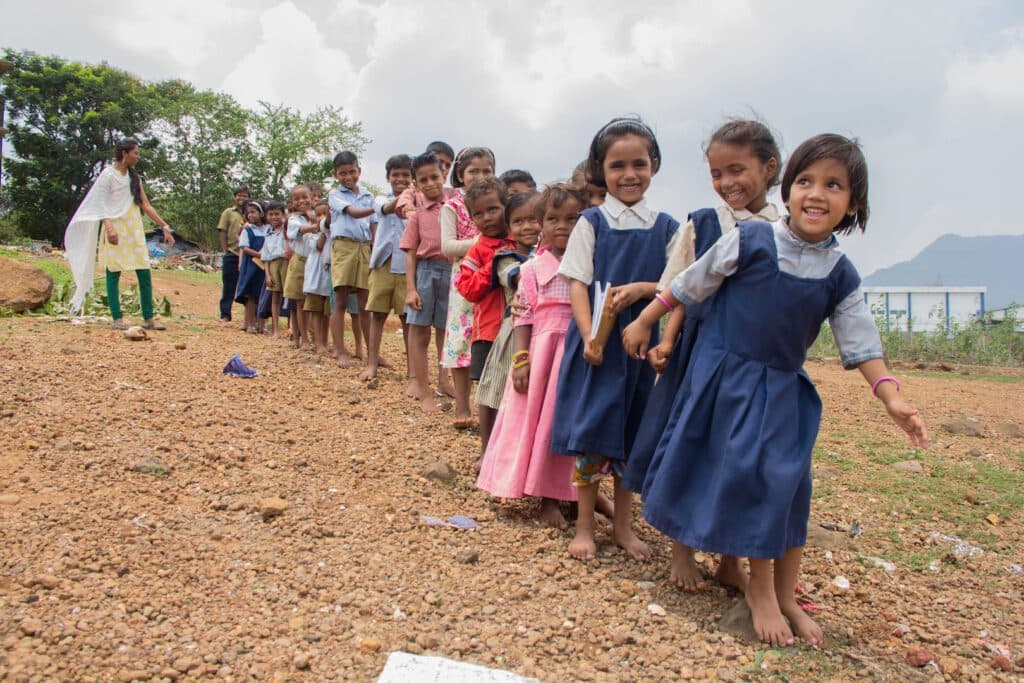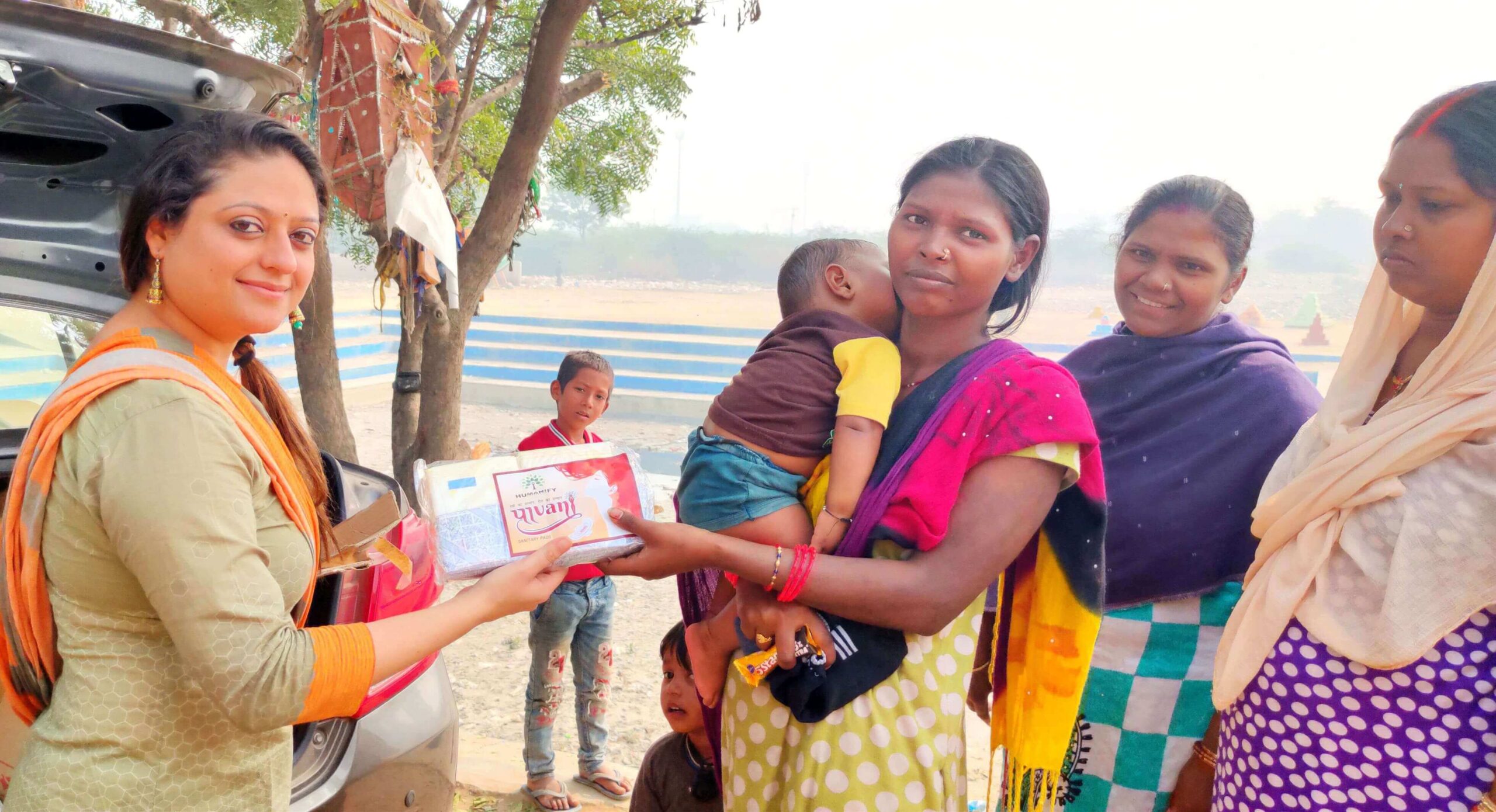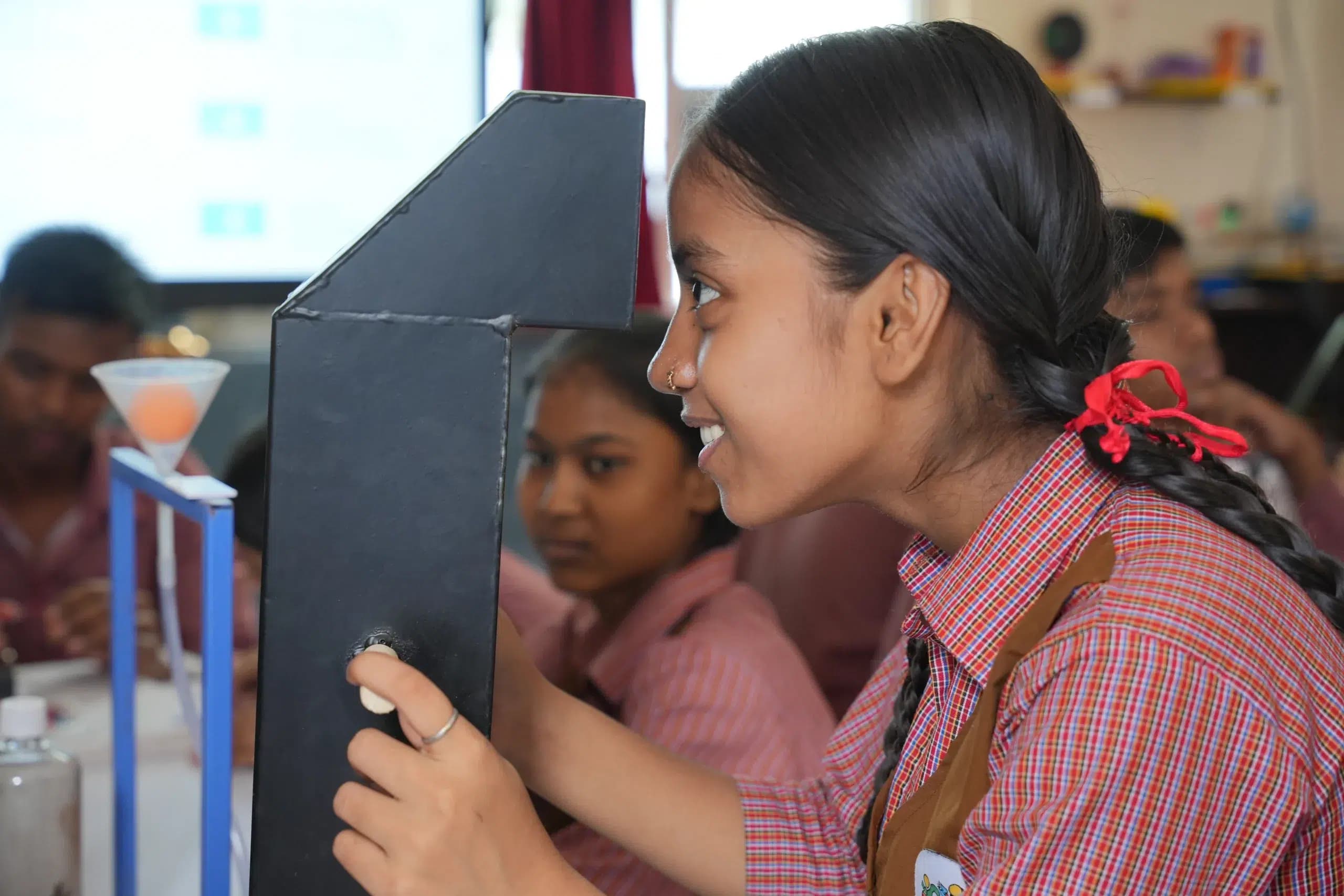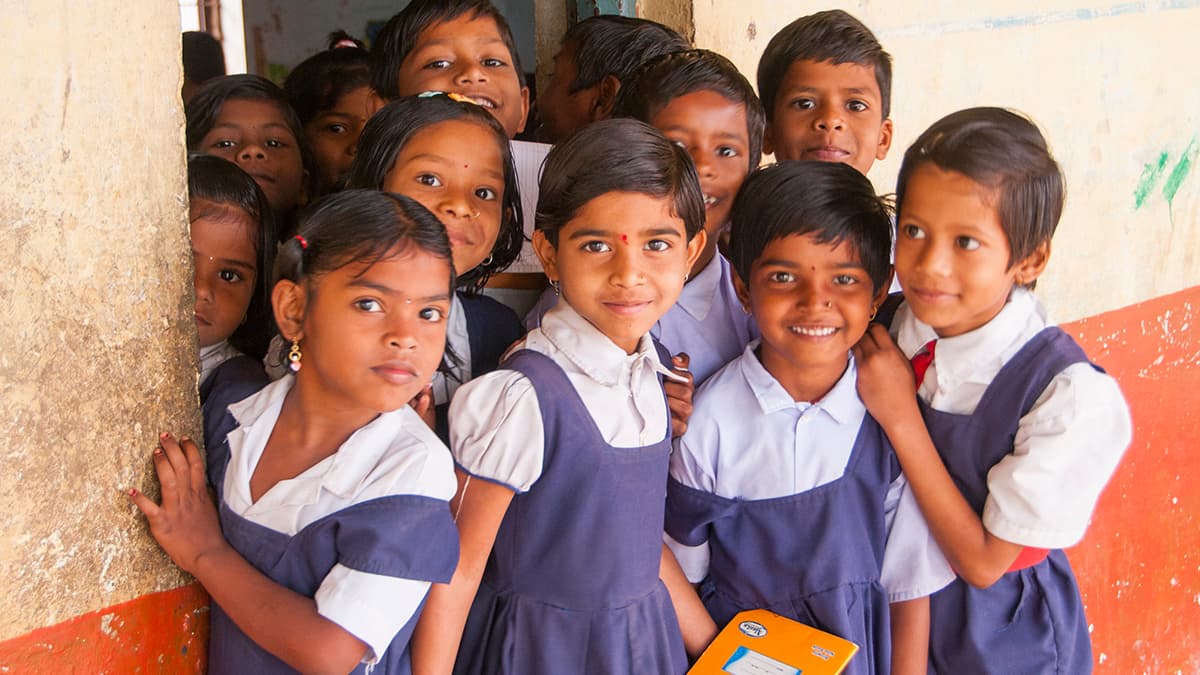Psychological well-being is as important as physical well-being, especially for children. In rural India, where medical care and schooling are not normally found, the mental condition of children is never addressed.
Children mostly have anxious minds due to poverty, household issues, neglect, and school pressure. Without proper attention, the issues can affect their development, learning, and well-being.
Unfortunately, mental health is still a stigmatized subject in most rural communities, resulting in silence and lack of attention. It is vital to generate awareness, dispel the stigma, and offer the appropriate care to ensure a healthy and promising future for rural children.
Unique Mental Health Challenges in Rural Settings
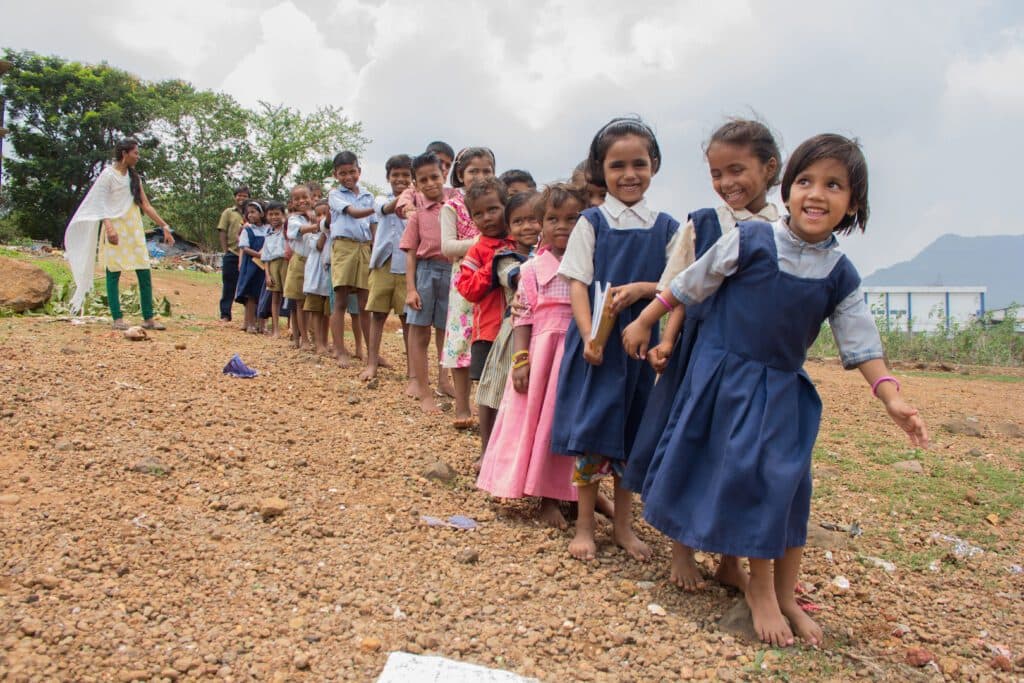
Rural kids have unique mental health needs that can be easily missed. There are few trained mental health professionals in rural communities, so symptoms of anxiety, depression, or trauma may not be detected or treated until later.
Rural Indian families live in poverty in some cases, and this brings stress to parents and children on an ongoing basis. Schools may lack school counselors or the resources to foster emotional health.
Children too get isolated at times, especially in rural towns where there are few social opportunities or outside-of-classroom activities. Stigma and cultural beliefs also prevent families from seeking assistance because the health of one’s mind isn’t clearly understood.
All of these problems call for the development of proper mental health programs that consider the special needs and circumstances of rural populations.
Impact of Poor Mental Health on Child Development
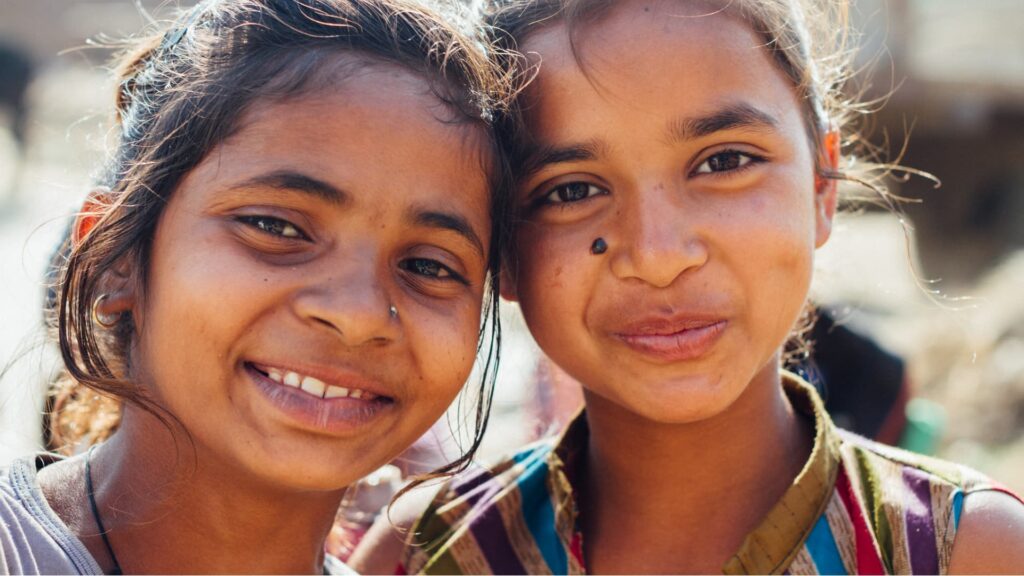
Poor mental health also has a severe impact on the child’s development as a whole. When children face emotional problems such as anxiety, unhappiness, or fear, it influences their way of thinking, learning, and relating to people.
They can lose interest in school work, become unable to concentrate, or fall behind in their classes. They can become withdrawn from friends and family members or behave aggressively.
These battles can further diminish their physical health, too, since mental tension typically contributes to sleep issues and low energy. In rural communities, where support structures are scarce, kids might not receive assistance they require, leading to long-term damage.
Without early intervention and direction, poor mental health can stifle a child’s potential to become a confident and capable adult.
Barriers to Mental Health Support in Rural India
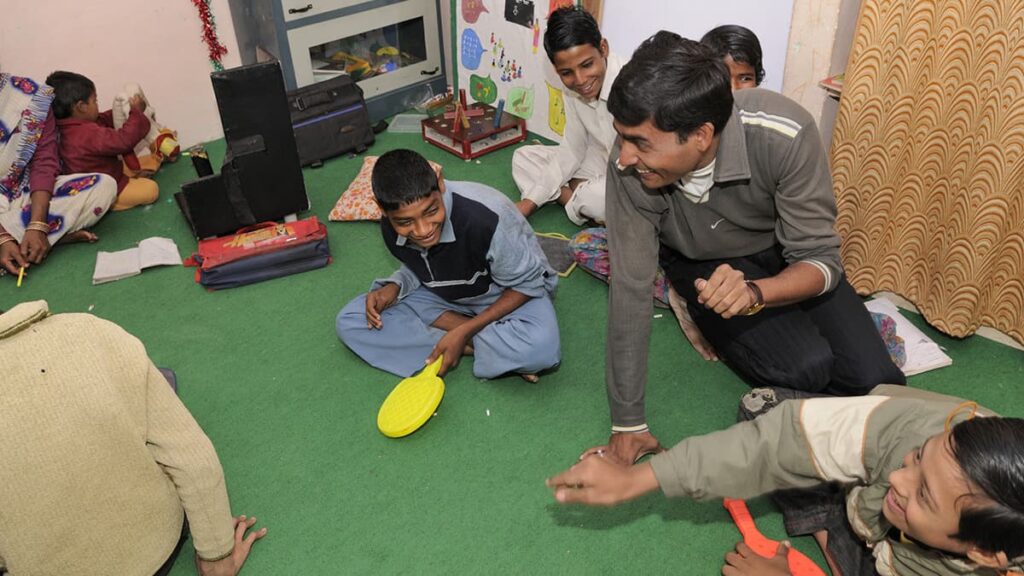
In rural India, a number of obstacles stand between children and the mental health care they require. Perhaps the greatest is the shortage of trained mental health personnel in villages and small towns.
The majority of services are based in urban centers, making them inaccessible. Moreover, there is little awareness of mental health, and many believe emotional problems indicate weakness or misconduct.
This stigma creates silence and keeps families from seeking assistance. Schools will not have counselors, and parents might not know what to do to help their children emotionally.
Financial difficulties play a part as well, as families will allocate money to basics rather than mental healthcare. These obstacles make early awareness and intervention even more crucial.
Strategies for Promoting Mental Well-Being
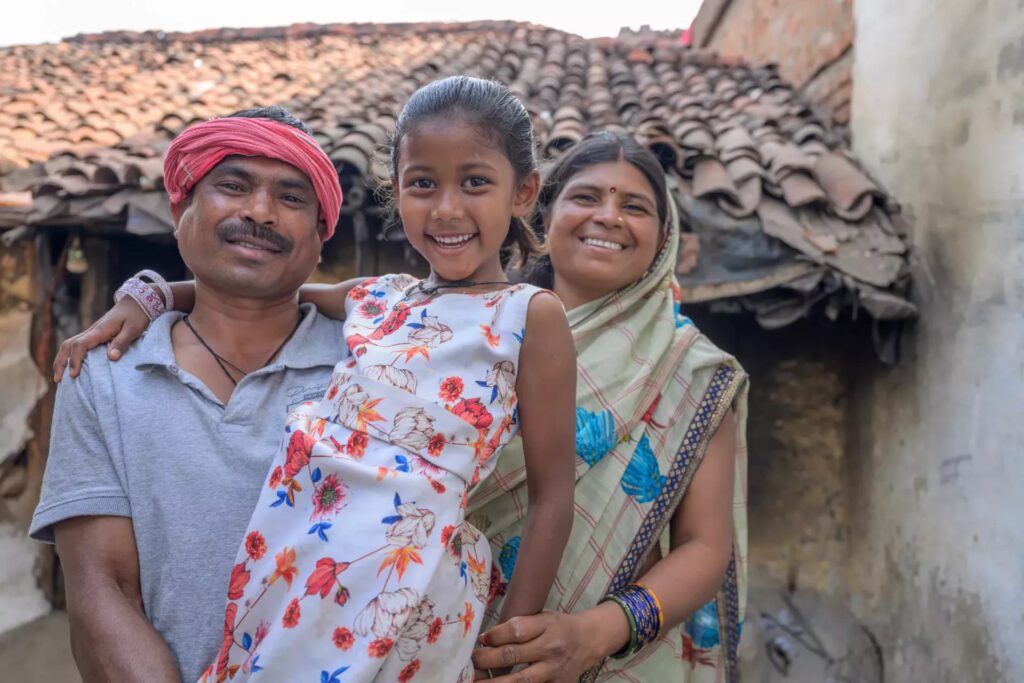
Encouraging well-being in children in rural India takes plain but powerful measures. To start, creating awareness is important—schools, community centers, and health workers can inform families of the value of mental health and how to identify warning signs of distress.
Educating teachers on delivering emotional support and building safe, welcoming classrooms can have a great impact. Deployment of mobile mental health clinics or tele-counseling in villages can aid in reaching children from distant places.
Creating an environment of free discussion and making mental health discussion less stigmatic is critical so that children don’t hesitate to voice their opinions.
NGOs and govt. schemes need to join hands to create robust support groups. These actions will help rural children develop strong personalities and stay resilient.
Ombre India’s Initiatives for Child Mental Well-being
Ombre India Foundation is committed to enhancing the mental health of rural children through community programs. We organize awareness sessions for parents, teachers, and children to make them aware of mental health and to de-stigmatize it.
We have trained volunteers who offer emotional support and early intervention to distressed-looking children. We also work with local schools to develop safe, supportive spaces that enhance well-being.
By establishing trust among communities, we make mental health care available and acceptable. Become a part of our effort to create a healthier, brighter future for rural children—donate or volunteer with us today at Ombre India Foundation.


